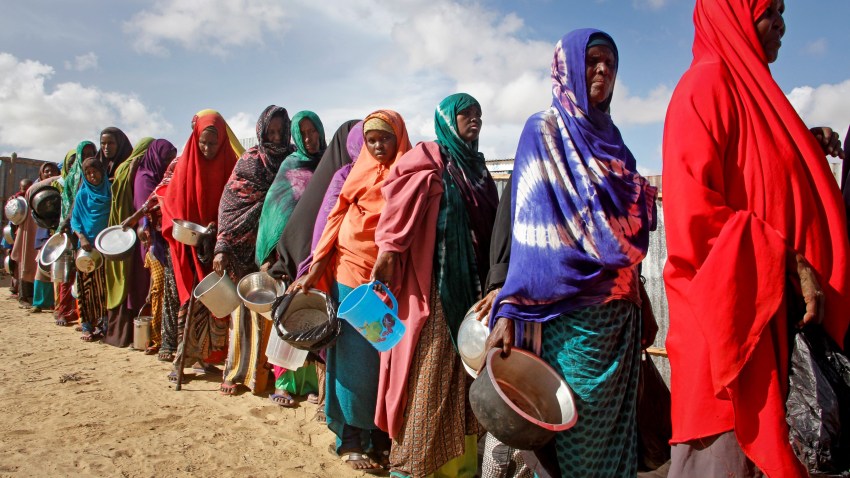South Africa’s largest city, Johannesburg, is facing an unprecedented water shortage affecting millions of people, the result of both shrinking reservoirs and crumbling infrastructure. Water management authorities in the province, which also includes the capital, said that if water consumption isn’t reduced, reservoirs will drop below 10%, at which point they need to be shut down completely to replenish. (AP)
Our Take
This is not the first time Johannesburg has faced a water shortage, but this one is particularly severe, a story that has become all too familiar. At WPR alone, we’ve covered increasingly severe water shortages and droughts affecting countries from Tunisia and Iran to seemingly all of Latin America. Water scarcity is no longer an exceptional story—it is now a throughline in global politics.
Tensions between states over access to water sources—usually transboundary rivers—tend to receive the most attention, because they are often framed by potential conflict. For instance, Ethiopia’s decision to build a mega-dam on the Nile River has led to friction with Egypt, fueling concerns of a major “water war.” So far, though, cooperation over water has been more common than conflict. And cross-border water-trading deals have become increasingly normal between states, even if trade law hasn’t kept up.

